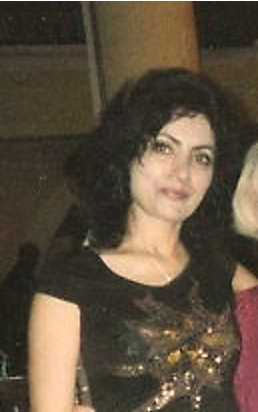By Gayane Petrosyan, Samson’s granddaughter; translated by Vardan Petrosian
YEREVAN – Samson Petrosyan is the father of my father Vardevan (Vardan). None of his grandchildren have ever seen their grandfather Samson.
Samson lived in the village of Gharavank in Kaghzvan province, which was subsequently renamed by the Turks as Tashburun (Taşburun). It was near the city of Kaghzvan, historically part of Western Armenia but currently in the Republic of Turkey.
My grandfather’s father, Fr. Petros, was a well-known, respected and rich individual in Kaghzvan, whose father was known as Grigor. It was probably because he was a priest that my grandfather’s village bore the name Ter-Petrosyan, but subsequently the surname prefix “Ter” was removed, possibly following the creation of Soviet Armenia.
Fr. Petros had seven sons and proudly proclaimed everywhere that there should be no female heir to the family. He never had a daughter. Unfortunately, I know the names of only six of Fr. Petros’ sons: Ishkhan, Patvakan, Aghabab, Vardevan, Minas and Samson. I assume that Petros named his seventh son after his father, Grigor.
When I was little, I was always amazed at where my grandmother Vardanush found the unusual names of her sons. However, when I grew up and my grandparents and uncles told the story of my grandfather Samson’s family, I realised that they were not just random names, but each related to sad stories, and I felt very guilty.








